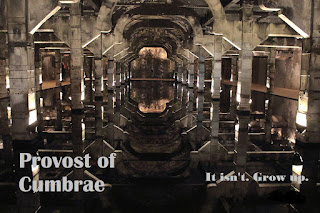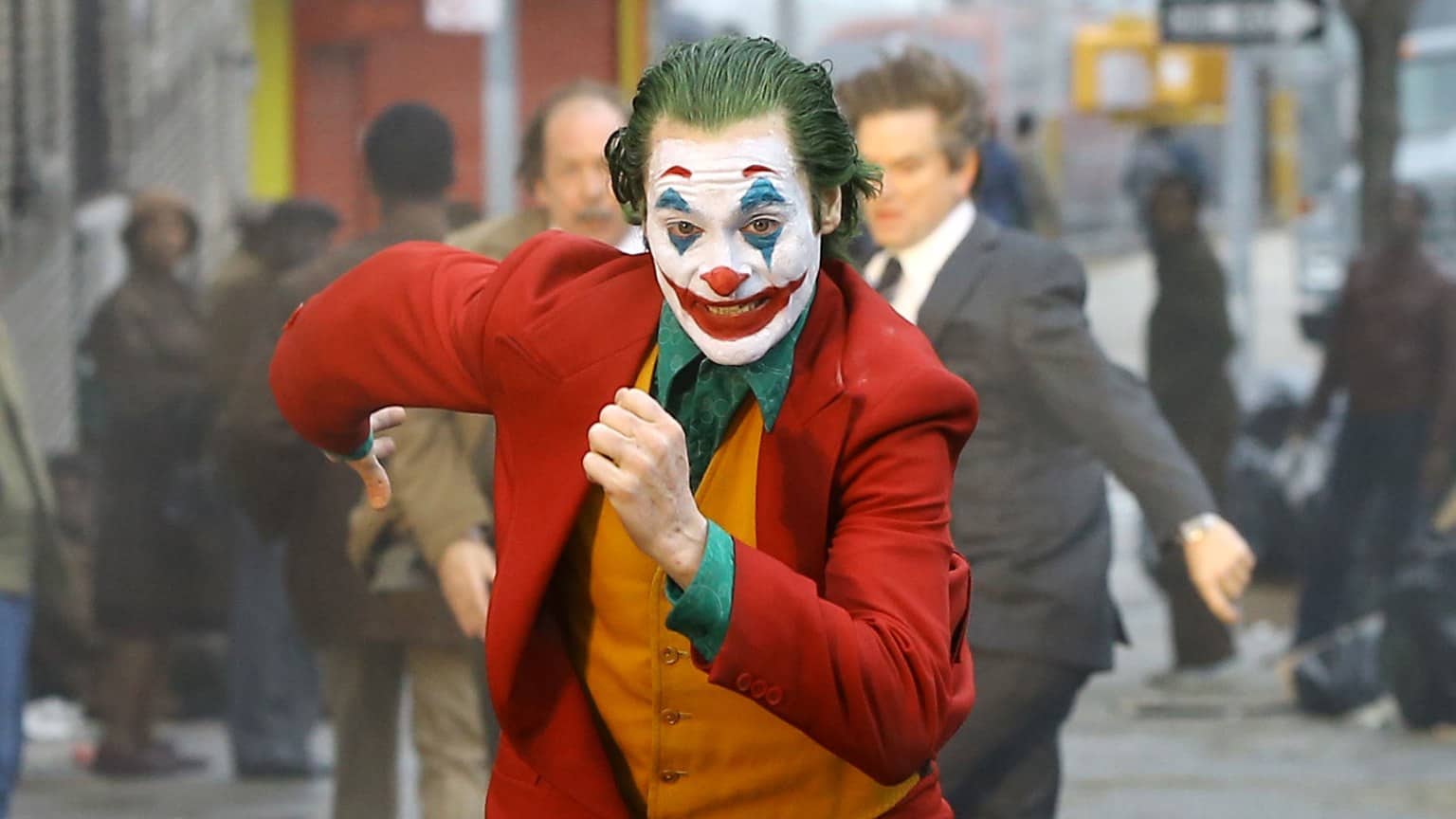{Warning: Spoilers ahead!}
I 'just' finished Dark Matter, Season 1 on Apple TV+* and I think it might be my strongest television recommendation possibly since Lost (!?). I will say that this show is not for the faint of heart. It's not scary, precisely, but the philosophical implications of this particular theory of multiverse are somewhat harrowing.
The show (and evidently Blake Crouch's novel from which it was adapted) seems largely based upon^ my own personal theory of the multiverse, which was initially a bit surprising, but as the season progressed, made it comforting. The wrinkle I hadn't anticipated (and what I found most disturbing about the show) was the extent to which navigation of the multiverse is dependent upon Mind.
I'm not sure I find the science too compelling (a bit too human-centric {self-centric} for my taste), but for the sake of storytelling, the plot mechanic is inspired. Jason Dessen (the protagonist, played by a very good Joel - Joel Edgerton) is a physicist in Chicago who has invented The Box, a giant version of a box several versions of him have invented that allows particles to exist in superposition (in this case existing within multiple iterations of the multiverse simultaneously).
The big Box allows not just a particle to exist in superposition but a whole thing - a person, say or even a couple of people - to enter the box and navigate through the multiverse. The tricky bit is that the way that you determine which of the infinite realities you are going to emerge into when you once again open the box is based on your mind - not just your conscious thoughts, but your unconscious and subconscious state of mind when you open it (plus all of the same of those who you might be traveling with!).
 |
| Source: https://tinyurl.com/564drzcz |
There's a bunch more plotty bits that happen that make for a really great season of television, but what struck me hardest was the moment when Jason emerges into a Chicago in a world that has been ravaged by plague. He makes his way back to his house to find his wife, visibly ill, shocked to see him (because this world's him succumbed), and she is wrecked. It's a very realistic glimpse into what a truly catastrophic outbreak might look like at the street level in America...
I'm most of the way through Plagues upon the Earth: Disease and the Course of Human History, a sweeping chronicle by Kyle Harper of how all of human history has been shaped by (or guided by) the micro-organisms that have made us sick. Alternately it's a history of how human civilization has created and caused the uniquely massive variety of tiny little things designed to (and actively getting better at) kill us because we've gotten so good at existing... The book is really a constant questioning of which of those definitive interpretations is more true at any given time in human history, and emphasizes the degree to which our collective Thrownness operates not just on an individual level, but also at a biological level (and also at a cosmic level, naturally).
The version of you that you get to inhabit is inherently arbitrary, but certainly doesn't feel that way to us. Choice - Action - Self... These are the things from which we build our narrative - our lives, right? The idea that it is chance and circumstance where we find ourselves runs contrary to our modern American sensibility. We work harder and harder to get further and further away from The Uncomfortable Truth** by filling our attention with screens and faiths and mantras, but the reason that the uncomfortable truth is truth... well, it's because it is, right?
But I think it's easy to interpret The Uncomfortable Truth as something akin to Nietzschean nihilism, but the comfort (!!) of Humanism is its clear antidote. We may not be much, us, here toiling away at living on this small out of the way planet - but our over-arching trend, tending toward progress for more of us - and constructing our grand Civilization, which endures and attempts and evolves - that is the thing that we're all here for. What is a civilization but a narrative - a collection of all of the little narratives, most forgotten (heck, most of them were side quests to begin with!).
So I suggest that you enjoy your story - if it's not exactly the version of it you were hoping for, rest easy in the knowledge that there very might well be another one where it's that, but you can soak up what you can here... maybe strive for a bit more of that other preferred one, but as Jason/Joel learns when he gets in the Box, you may like the look of another version, but you were made (or perhaps you made yourself) ready for this one right here, and no other.
Enjoy it (and by it, i also mean Dark Matter... it's really good).
* It seems to me that Apple TV+ produces nothing but bangers - like they just aren't interested in getting content out for the sake of content, but everything is really quality. (That's not to say that I have seen all of it, nor that all if it is necessarily my thing, but I just went through a list of their productions, and everything on it that I've seen some or all of is really quite very good!). In this era of lapsing quality in all things, that is really quite remarkable, but I'm going to put a pin in it for the moment, and move back to my starting point.
^ keen observers will note that Crouch's novel hails from 2016 whereas my own theory wasn't articulated fully on Roman Numeral J until early 2018.
** I've been reading around a bit as well in the self-help and satirical self-help genres (it's often hard to tell those apart) in Mark Manson's Everything is F*cked: A Book About Hope, and The Subtle Art of Not Giving a F*ck and reading Lead it Like Lasso earlier this year as well as a bit of Stephen Covey's 7 Habits. Generally these are not my types of books - but I've been on a bit of kick on the concept of "Getting Comfortable with Being Uncomfortable" and working on a project, for now it's just a PowerPoint presentation, and I'm figuring out if it's enough to be even that, or maybe something more - a blog post, perchance a little book (!?)...










